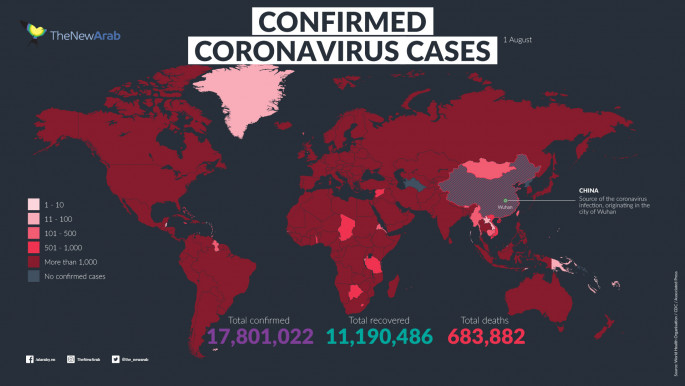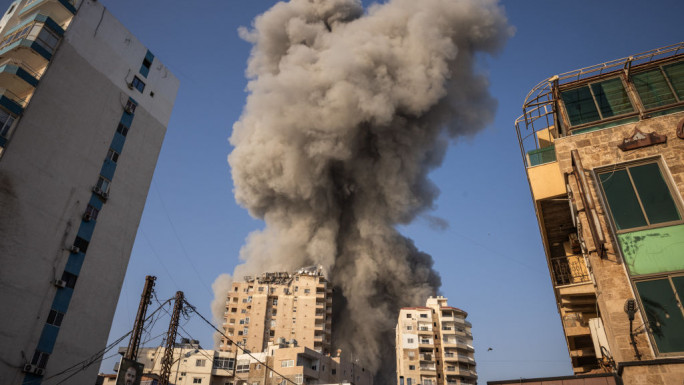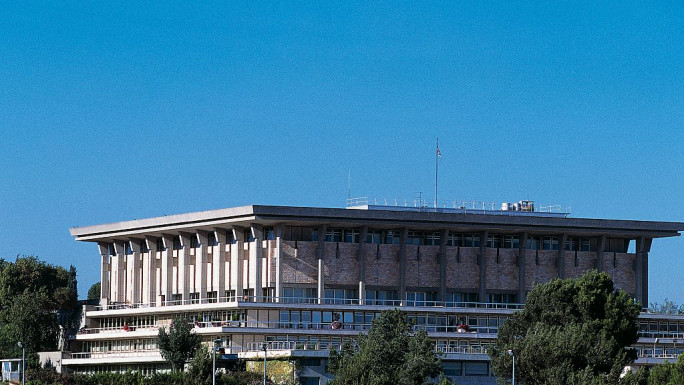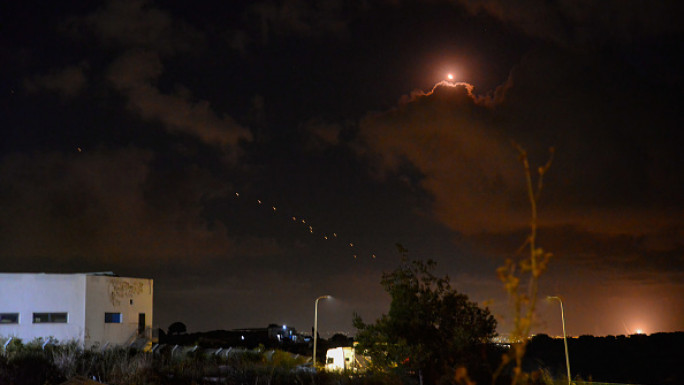Kuwait and Saudi Arabia halt oil production from neutral zone
Kuwait and Saudi Arabia are to suspend oil production from the neutral zone they share in June as part of cuts they agreed to shore up prices, a Kuwaiti official said.
The OPEC oil cartel to which they both belong struck a deal with non-OPEC producers led by Russia in April to cut output by a record 9.7 million barrels per day after crude prices plummeted to a two-decade low.
Last week, Saudi Arabia -- the world's biggest oil exporter -- pledged to cut an additional one million bpd beyond its agreed quota in June in a bid to reduce excess supply.
The United Arab Emirates and Kuwait followed suit with pledges of additional cuts of 100,000 bpd and 60,000 bpd respectively.
Read more: Saudi-Turkey media war reflects MBS's growing internal problems
In the neutral zone, Kuwait and Saudi Arabia decided to shut down the offshore Khafji oilfield for one month starting June 1, acting head of Kuwait Oil Gulf Co. Abdullah al-Sumaiti told the official KUNA news agency late Wednesday.
Production at Khafji had partially resumed in March following a five-year halt due to a dispute between the two countries.
There is currently no producution at the onshore Wafra field.
The neutral zone, which is shared equally between Kuwait and Saudi Arabia, produced 500,000 bpd before production was halted in late 2015.
The two countries resolved their row with the signing of a new border agreement in December last year.
Khafji produced some 300,000 bpd before the stoppage five years ago but it had not recovered full output.
In early April, Kuwait exported the first one million barrels of crude from the field after resumption.
 |





 Follow the Middle East's top stories in English at The New Arab on Google News
Follow the Middle East's top stories in English at The New Arab on Google News


